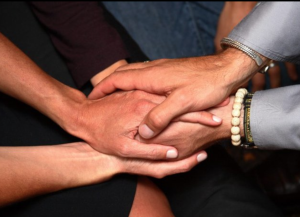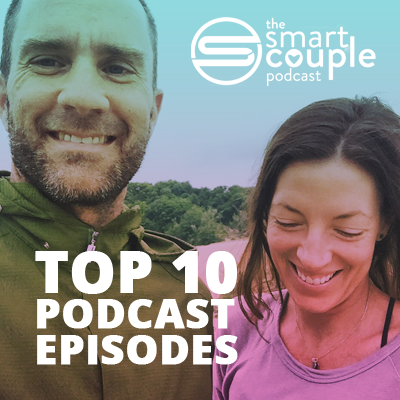 This post was written by my great friend Joshua Levin.
This post was written by my great friend Joshua Levin.
Years ago I became clear about prioritizing my relationships—not only my primary partnership but my close friends and family as well.
I wanted to honor the connection, joy, support, love, and learning that these relationships provided. And I also wanted to keep them thriving by giving them regular attention and making any needed adjustments. It seemed all too common to take relationships for granted, to forget that the “we” space needs an occasional input of nourishment in order to keep giving nourishment out. It also seemed all too easy to get stuck in a rut of complacency, to half-heartedly maintain connections that were only half-way satisfying.
I came up with the idea of doing semi-annual “relationship reviews” with all the close people in my life. I was very excited! Just about everyone was willing to give it a try, but most either felt the format was too artificial or didn’t see the process as necessary in the first place. I persisted for a while but dropped it when my enthusiasm wasn’t reciprocated.
Lately, there’s been momentum building in my community around bringing more awareness and authenticity to our relationships. There’s a blooming eagerness to say more, to listen more, to learn more, to risk more. An increasing number of us are seeing how much we have to offer each other, how much is possible when we don’t waste so much time indulging in holding ourselves back, or being afraid of each other, or thinking we don’t need each other.
We do need each other—especially now, during these times of big changes, surging energies, and tumultuous personal transformation. And we need to hone our skills of creating and maintaining honest, full, real connection with each other. We need efficient templates that can help us do this, even if they seem artificial or contrived at first. We only need them to help break the ice, to free up our brains, hearts, and guts to the point where we can be more creative, fluid, and organic with the work and play of actively tending the gardens of our relationships.
So, I’m offering this relationship review process as one possible template to help us stay clear, connected, open, and engaged. Give it a try if you resonate with what I’m saying here. It may be useful as it is, or you may want to tweak it some.
Note: Many of us need help expressing our “withholds”—the judgments or reactions that we don’t share. It’s also true that many of us hold back from sharing our appreciations of each other. I initiated a process in my men’s group of sharing this second type of withhold and named them “golden withholds.” It was amazing to hear all the sincere praise we had for each other that we hadn’t given voice to. No matter the content, sharing withholds can liberate a tremendous amount of energy. New possibilities for fun, growth, creativity, and synergy arise that were previously out of reach and, often, entirely out of view.
This template is simply a series of prompts. Each person takes a turn speaking the prompts while the other listens without interrupting. You can go thru the whole list at once or alternate back and forth. You can also ask for a brief response at each step (if you’ve shared a lot) or wait till the end.
This process can be used when there is a strong need for clearing or repair in a relationship (at these times, a more reflective template such as Imago’s couple’s dialogue can also be very helpful). It can also be used, as I’ve suggested here, on a regular basis even if it doesn’t seem that there is a pressing need for it. You might be surprised by what you find when you commit to the process and go slowly.
1. Opening. Begin by saying that the reason you’re doing this is because this person and this relationship is important to you.
2. Appreciation. What I appreciate about you is….
3. Appreciation. What I appreciate about our relationship is…..
4. Withhold. What I’m resenting/judging about you is….
5. Feelings. I’ve been feeling angry/hurt/scared because you….
6. Ownership. These feelings were stirred/triggered by you, but they were not caused by you. They live in me as…. (share how they connect to long-standing patterns or beliefs you carry.)
7. Request for Change. How I want our relationship to be different is…
8. Request for Response. Ask for response to what you’ve shared (if you haven’t already been getting that) or whatever else you need to feel complete for now.




Leave A Response